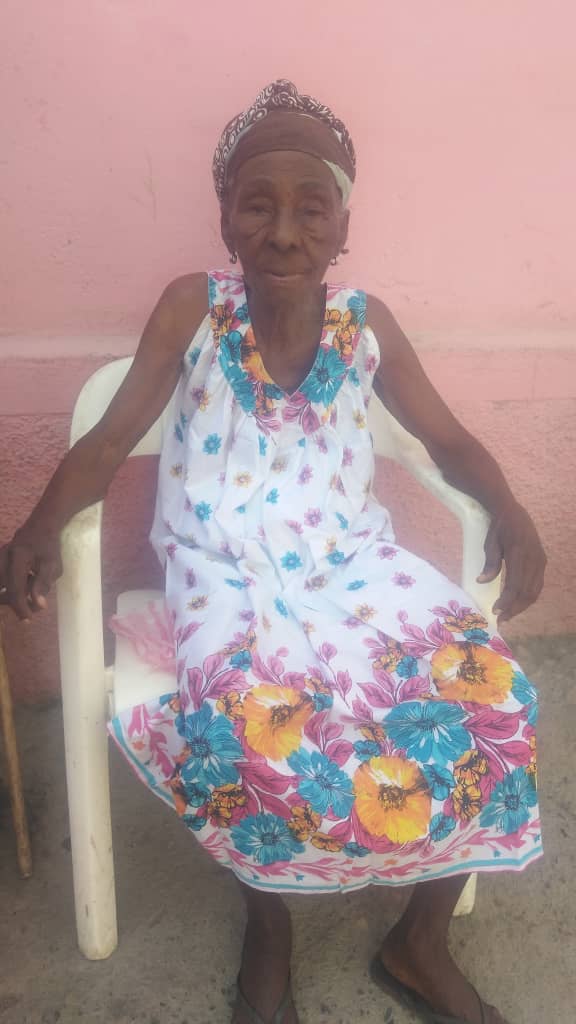Growing up in Orange County with a white mother and a Haitian immigrant as a father, we never celebrated Juneteenth. I didn’t know what it was. California public school textbooks brought little attention to the two and a half years after Lincoln emancipated slaves but slavery continued to happen in Texas. (Surprise!) It wasn’t until I was a Black Studies major at Cal State Fullerton that I received a decent education on Juneteenth – and still I was barely aware of Juneteenth celebrations or how the celebrations were systematically dismantled during the depression.
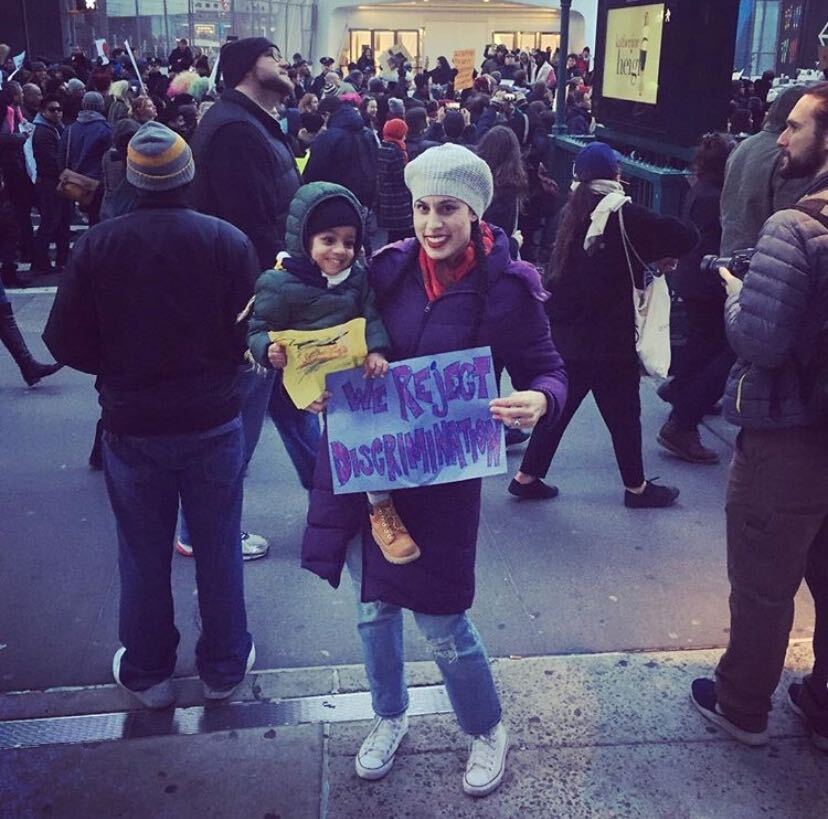
Juneteenth is a day that Black people all-across America deserve to be properly educated about and celebrate, because it is directly linked to our freedom and continued fight. But more importantly Juneteenth should be recounted and understood by all Americans, because we as a country must remember and acknowledge our history, celebrate how far we have come, and own that standing in silence, then and now, is full-blown complicity.
Growing up, my dad celebrated our Haitian heritage by making sure we knew where we came from, why we celebrated our people, and what struggles we overcame. I eventually left the O.C. after college to pursue a Master’s degree in Brooklyn – and for the first time in my life experienced a diverse community, full of people who were not majority white.
In Brooklyn I was immersed in Black, Haitian, and West Indian cultures and traditions, unlike anything I had ever experienced or been exposed to in California. After, I married a Black Panamanian and I made other West Indian and Haitian friends, for the first time in my adult life. These experiences led me to have a great sense of pride for my people, and being in the community allowed me to feel like I am part of its history and future.
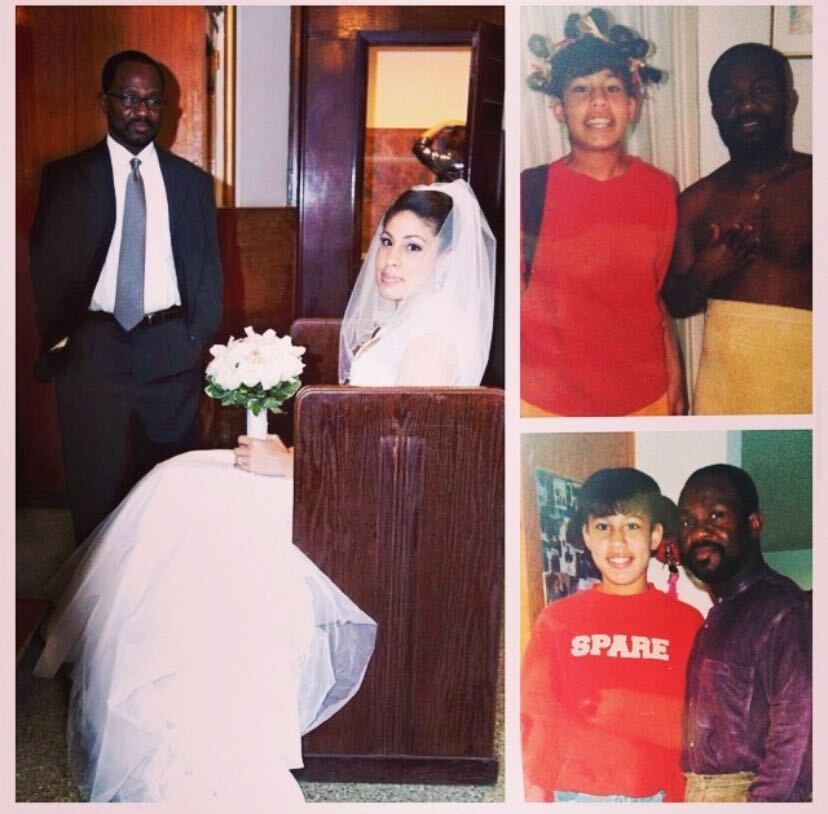
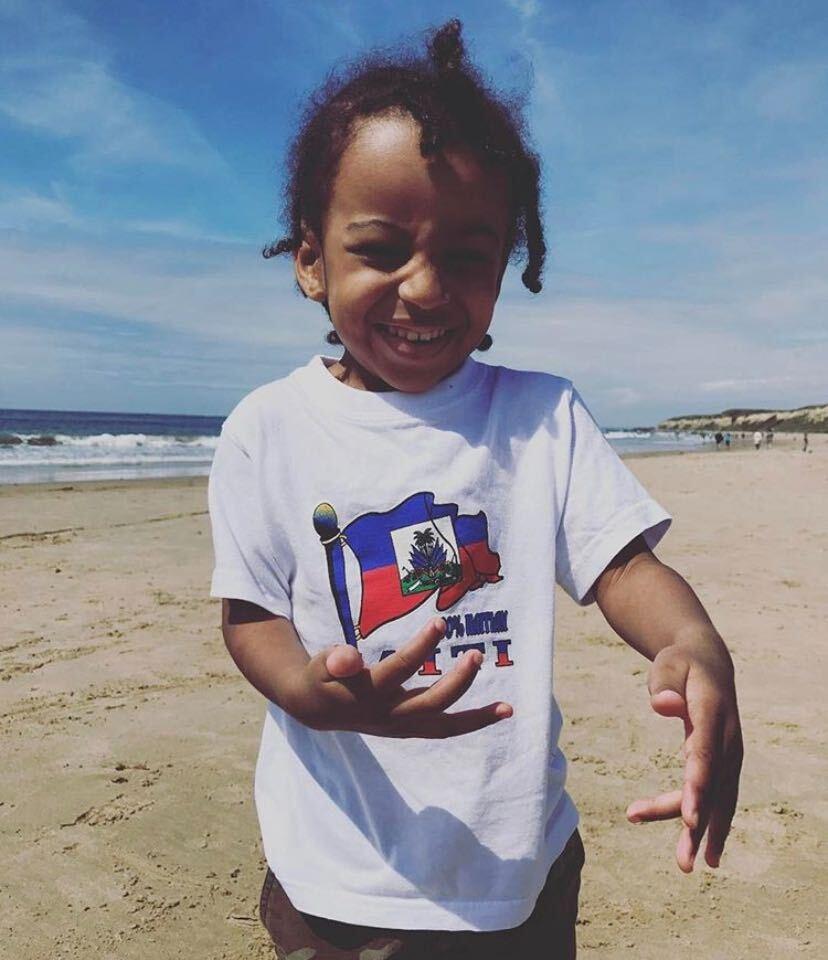
Haitian people carry grit and conviction because we fought back and rose up against the brutality of slavery on our little island in the Caribbean. We are named after ancestors and we carry their honor. On Haitian flag day (and many other days) Haitians recall our history and how our flag was built out of many. America does this on the 4th of July to celebrate our independence; and Black-Americans celebrate on Juneteenth.
Juneteenth is recognized as a holiday in Texas, as the historical event that took place happened in Galveston, but It is time for the entire nation to catch up with Texas and make Juneteenth a national holiday. We, as a nation, must embrace Black history and celebrations, and revive the stories and culture that have oppressed and deleted from our books for generations.
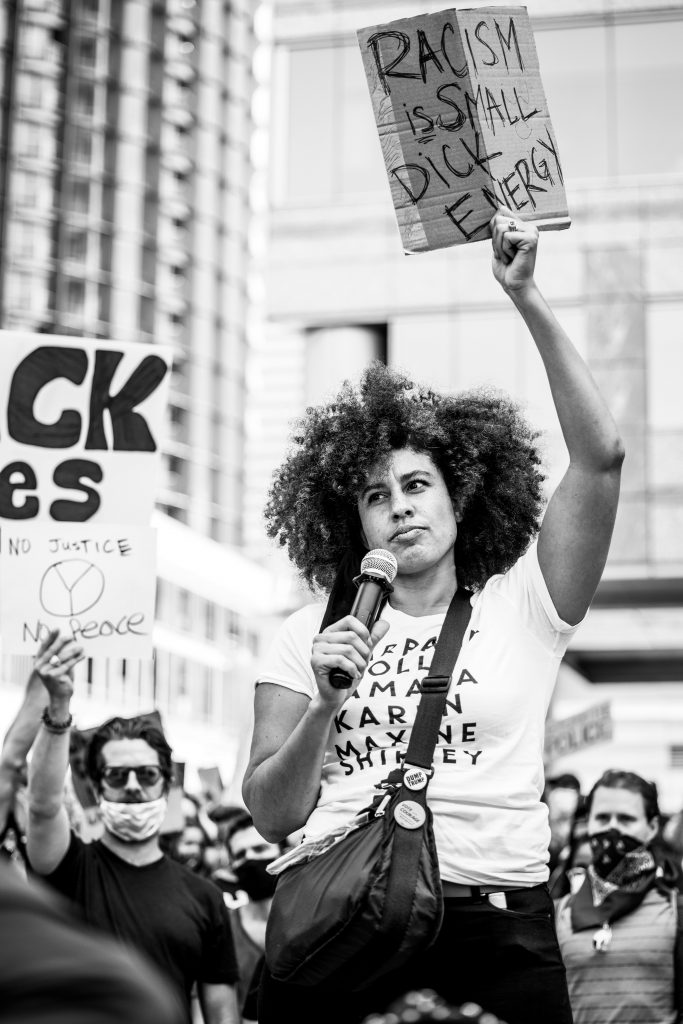
When this Haitian woman stood up and said “Black Lives Matter,” I was saying our black bodies should be cared for, our black dreams are worthy, and our black history will not be forgotten or erased; and we will be celebrated. When Black Lives Matters and its partners talk about defunding the police, it is to direct investments in supporting our health, physical space, Black teachers, businesses, and education; because this is what our communities need, that police are incapable of providing. Over-policing is both harmful and counterproductive to the health and future of our communities, and is a bad investment for all tax-payers. Yet, black bodies and culture have been over-policed since our states first became united, through slavery, Jim Crow laws, and our criminal justice system; our traditions have been deliberately stunted by the system, and our legacies have been recorded incorrectly. There is nothing radical about investing in the community for the benefit of people, nor is it radical to learn the truth about where we come from and why we celebrate Juneteenth.
Although President Abraham Lincoln issued the Emancipation Proclamation on January 1, 1863, it took over two years for the announcement of freedom to reach Texas and free those still enslaved in 1865. Prior to that day, 250,000 Texan slaves had no idea that their freedom had been secured by the government. Juneteenth marks the day slavery truly ended in our nation and it needs to be remembered and taught in our schools. Today we honor the relief that came with the news for our ancestors who built this country, celebrate our freedoms, and educate others… about what it means to be Black in America.
By: Marie Louise aka Molly Watson
… named after her “gma”
